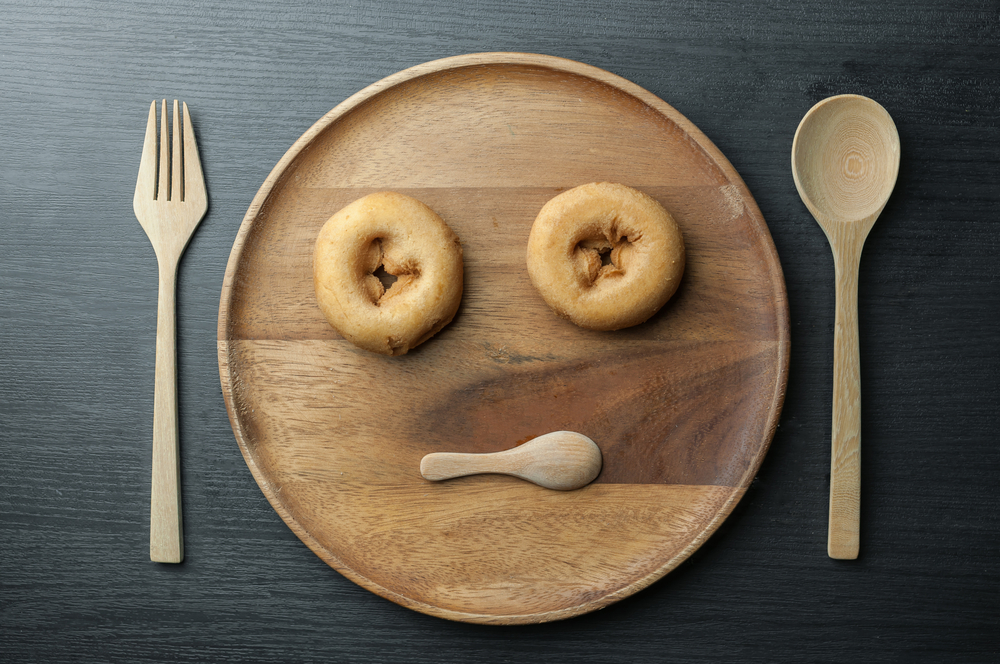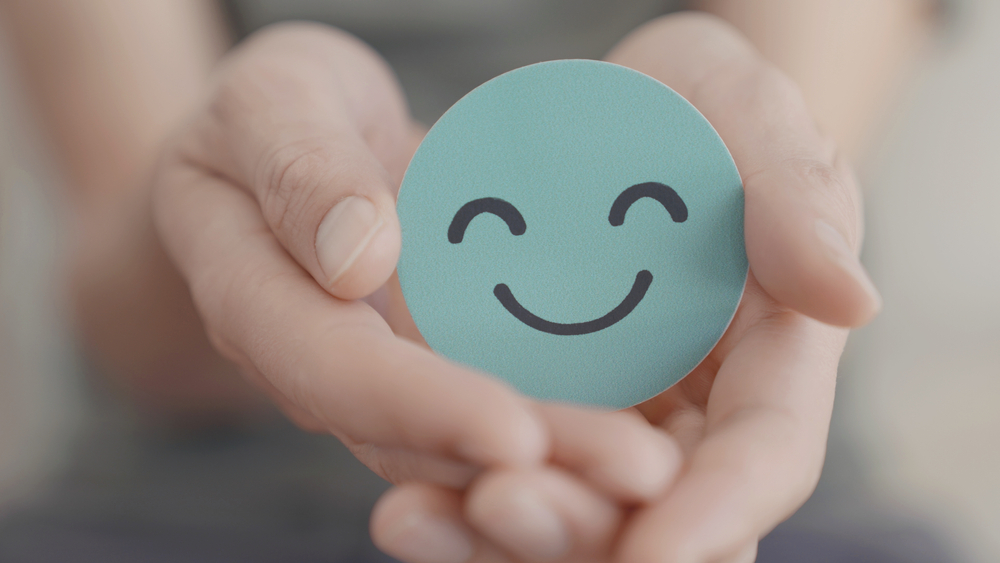How To Acknowledge, Understand, And Helpful Tips & Tricks To Face Your Emotional Eating Triggers
Emotional eating can happen when you are either out of touch with your feelings or have trouble coping with them. If you find yourself eating when you’re not really hungry or having a sudden sense of calmness or euphoria as soon as you start eating, you may be using food to process your feelings. Overcoming emotional snacking and eating begins with recognizing and neutralizing your emotional triggers.
Get To Know Your Emotional Triggers
The first step in conquering emotional eating triggers is to identify them. Your triggers are unique to you, but there are some common culprits to look for. - Specific stressful situations: Stress is a major source of emotion-fueled eating, but you may find that only certain types of stress trigger your cravings. Maybe work stress sends you running to the break room vending machines, or one family member’s toxic attitude leads you to binge on junk food for comfort.
- Boredom or lack of fulfillment: Not all emotional eating is spurred by too much drama; you may instead feel that your life is lacking in interest or purpose. Ask yourself if you’re filling up on food simply because there’s little else that gives you a sense of satisfaction.
- Lingering effects of trauma: Beyond the typical disappointments and struggles that everyone faces, your life may have included crossing some extra-dark valleys that left you wounded. Ask yourself if you’ve been using food or other substances to avoid processing memories of violence, grief, or some other trauma.
Take Action To Distract From Emotional Eating

When you suspect the craving you’re feeling is more emotional than physical, there are some direct actions you can take to help short-circuit the urge to munch. - Occupy your mind elsewhere. Get busy with a hobby, a chore, or an errand. Yes, you’re providing yourself with a short-term distraction, but you’re also gaining a sense of accomplishment that could help soothe negative feelings.
- Fill in fitness for food. Instead of heading to the kitchen, head outside for a walk or bike ride. If you feel more like slowing down than revving up, try some gentle yoga stretches or tai chi.
- Make smarter food choices. If you can’t distract yourself from the desire to eat, at least choose healthier options, like fresh fruit or a high-fiber granola bar. Eat slowly and mindfully rather than letting your mind wander.
Instant Brain Hacks To Interrupt Triggered Eating

Since feelings are the root of the problem, employing these psychological strategies can help you battle your emotional triggers and emotion-fueled appetite. - Wait a while. When you feel like eating, consciously choose to wait a few minutes. Setting a specific time frame to wait before giving in to a craving can be easier than swearing off snacking altogether. You may find this brief pause gives you enough time to forget the craving and focus on something else.
- Ask yourself why. The most powerful tactic for disrupting emotional eating is to examine why you’re heading for the fridge. Why do you need to eat at that moment? Are you really feeling physical hunger? Might you be bored, anxious, or in need of comfort? Does some painful thought or situation have you looking for a distraction?
Improve Emotional Health To Beat Emotional Eating
While quick psychological tricks can help you interrupt emotional cravings, beating them for good requires tending to your emotional health over the long term. On your journey to mental and physical health, consider these options. - Look for patterns. Maintaining a food journal, even for a month or so, can help you spot patterns in how and when you’re prone to emotional triggers. Note what you were doing and thinking before and after eating, not just what you ate.
- Get the help you need. If you’re vulnerable to emotional eating, a therapist can be just as critical to your health and fitness as a nutritionist or trainer. Psychotherapy is especially important if you have unresolved trauma.
- Choose your helpers carefully. Some family members and friends may not be able to give you the advice or encouragement you need, especially if they struggle with similar issues.
Defeating Emotional Triggers Is PossibleYou can win the battle against emotional overeating; the key is to untangle your emotional triggers. By combining immediate craving-fighting strategies with continuing emotional self-care and growth, you’ll develop a healthier relationship with food and with yourself.
|